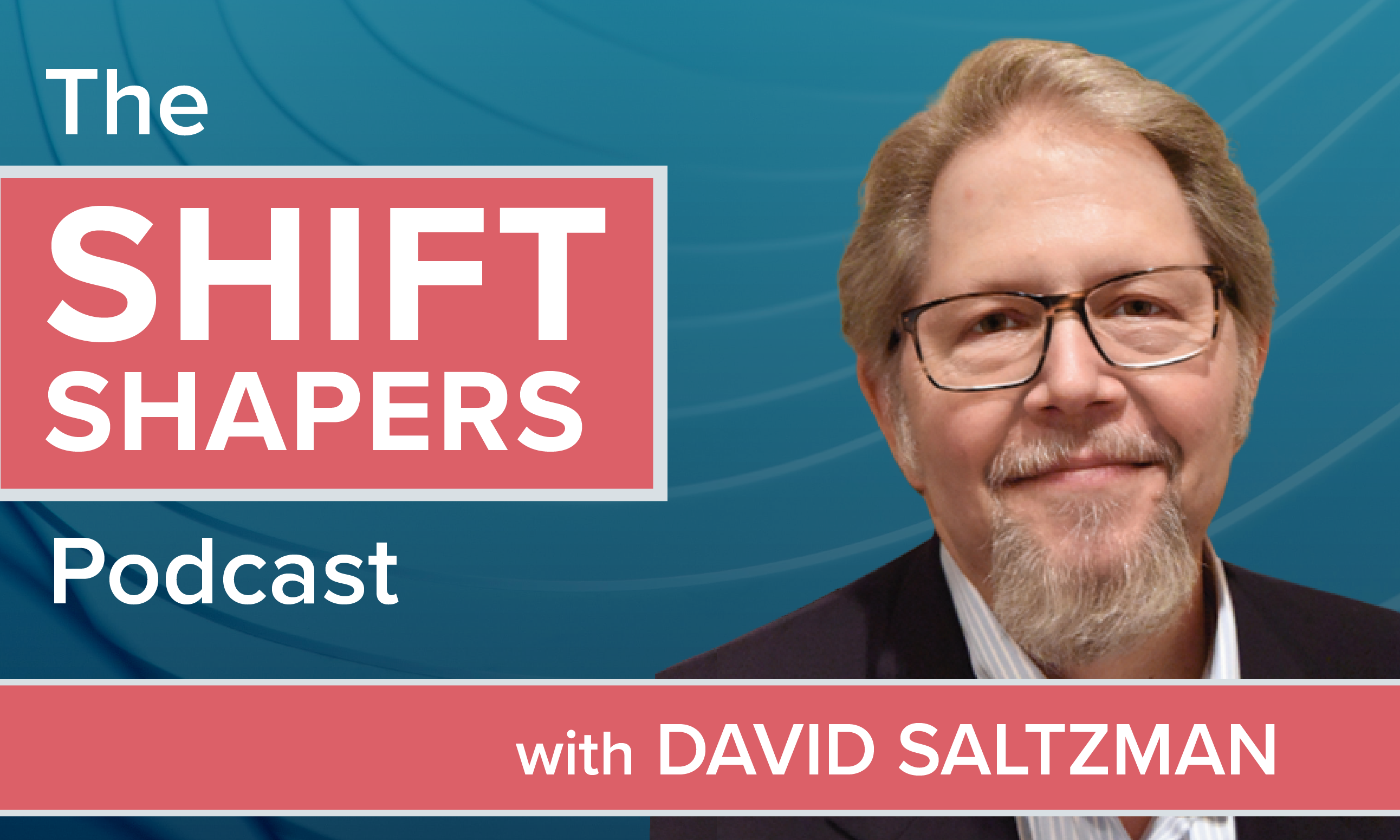
In today's corporate world, inclusivity reaches far beyond gender, race, and age. It now also involves understanding and embracing the full spectrum of human neurological development, otherwise known as neurodiversity. Benefits advisors, responsible for guiding clients through complex benefits policy landscapes, play an essential role in cultivating workplaces that celebrate and support neurodiverse employees. To champion this cause, it's crucial to comprehend what neurodiversity truly means, the unique strengths neurodiverse individuals bring to the workplace, and strategies to cultivate an inclusive environment.
|What is neurodiversity?
The neurodiversity umbrella concept encompasses those with neurological differences such as ADHD, autism, dyslexia, learning disabilities, developmental disabilities and other neurocognitive variations. Human brains think and learn differently – they are as naturally diverse as our fingerprints. In fact, Australian sociologist Judy Singer first used the word "neurodiversity" in 1998 to describe the wide range of brain functions and the development that naturally occurs in the human population. It has recently become more commonly used and accepted as part of an effort to steer away from descriptors such as "normal" or "abnormal."
|What neurodiversity brings to benefits
The neurodiverse community holds an exceptional pool of untapped potential that is increasingly being recognized and harnessed by industries worldwide. In the complex world of insurance, they offer a spectrum of unique capabilities, ranging from enhanced problem-solving skills to increased loyalty.
With their alternative cognitive frameworks, neurodiverse employees can contribute innovative thinking and offer problem-solving strategies that are invaluable to the ever-evolving realm of employee benefits. This can catalyze unique solutions for claims handling, data processing, and customer service enhancements like advising on the best opportunities for client's benefits packages.
Recommended For You
Complete your profile to continue reading and get FREE access to BenefitsPRO, part of your ALM digital membership.
Your access to unlimited BenefitsPRO content isn’t changing.
Once you are an ALM digital member, you’ll receive:
- Breaking benefits news and analysis, on-site and via our newsletters and custom alerts
- Educational webcasts, white papers, and ebooks from industry thought leaders
- Critical converage of the property casualty insurance and financial advisory markets on our other ALM sites, PropertyCasualty360 and ThinkAdvisor
Already have an account? Sign In Now
© 2025 ALM Global, LLC, All Rights Reserved. Request academic re-use from www.copyright.com. All other uses, submit a request to [email protected]. For more information visit Asset & Logo Licensing.








